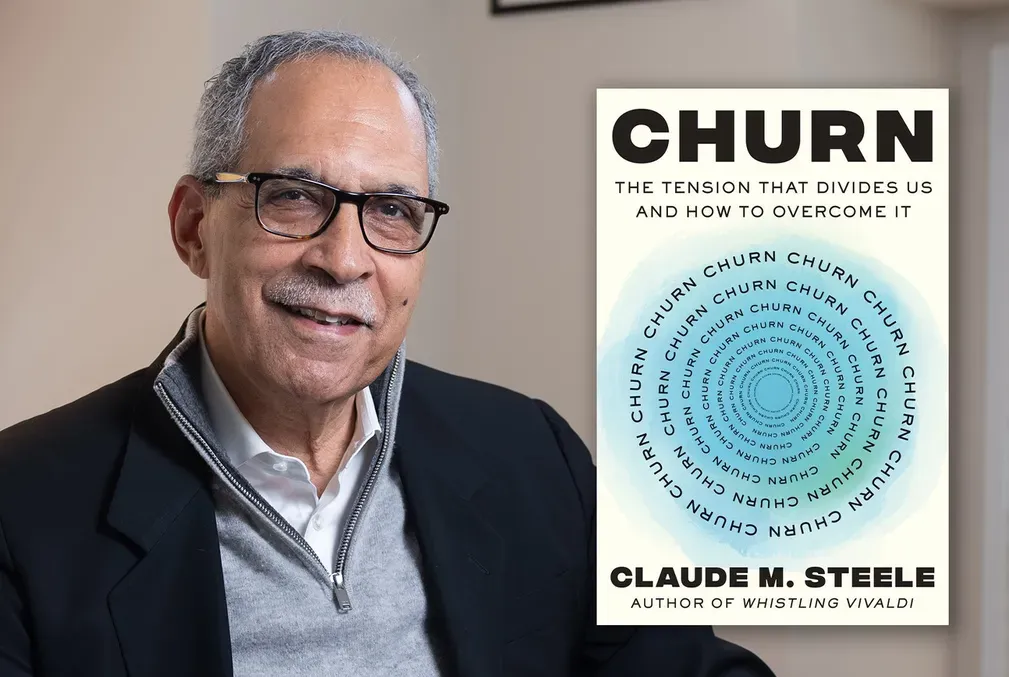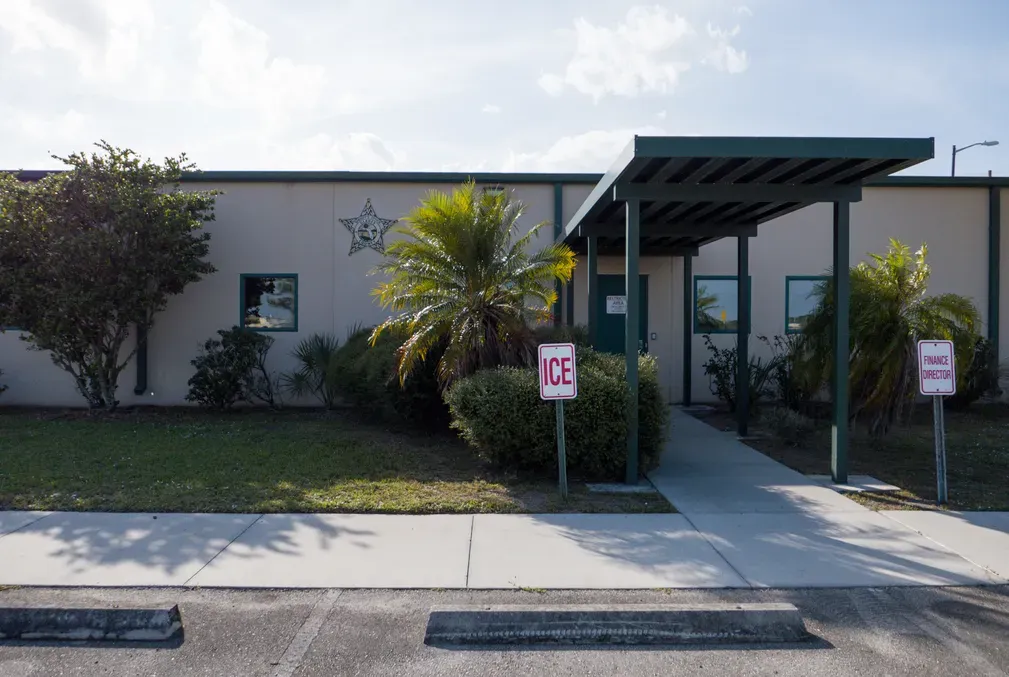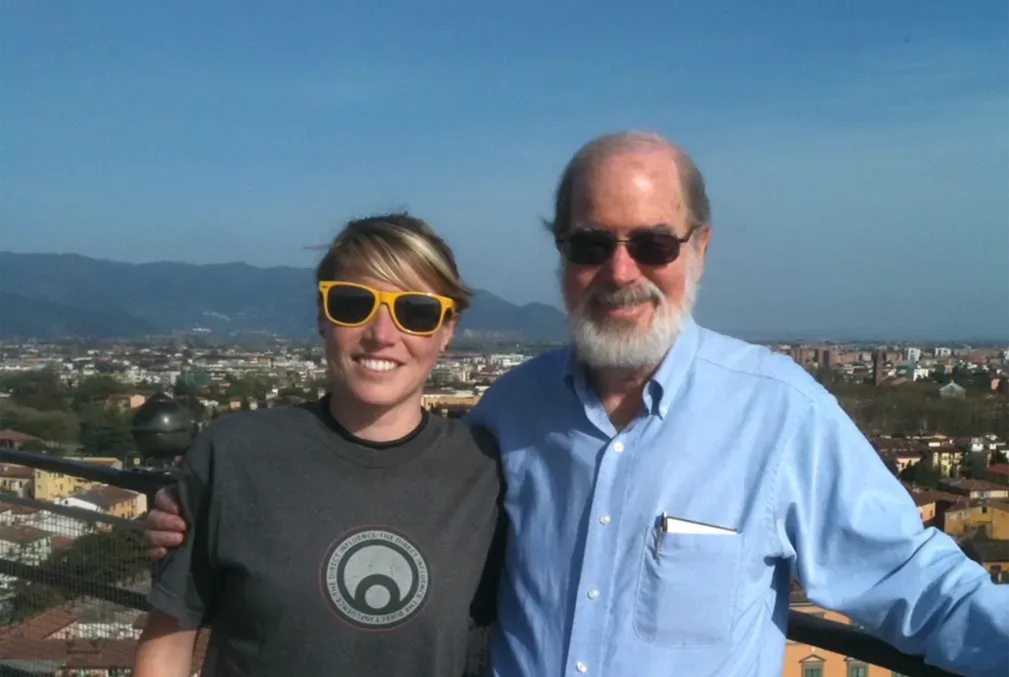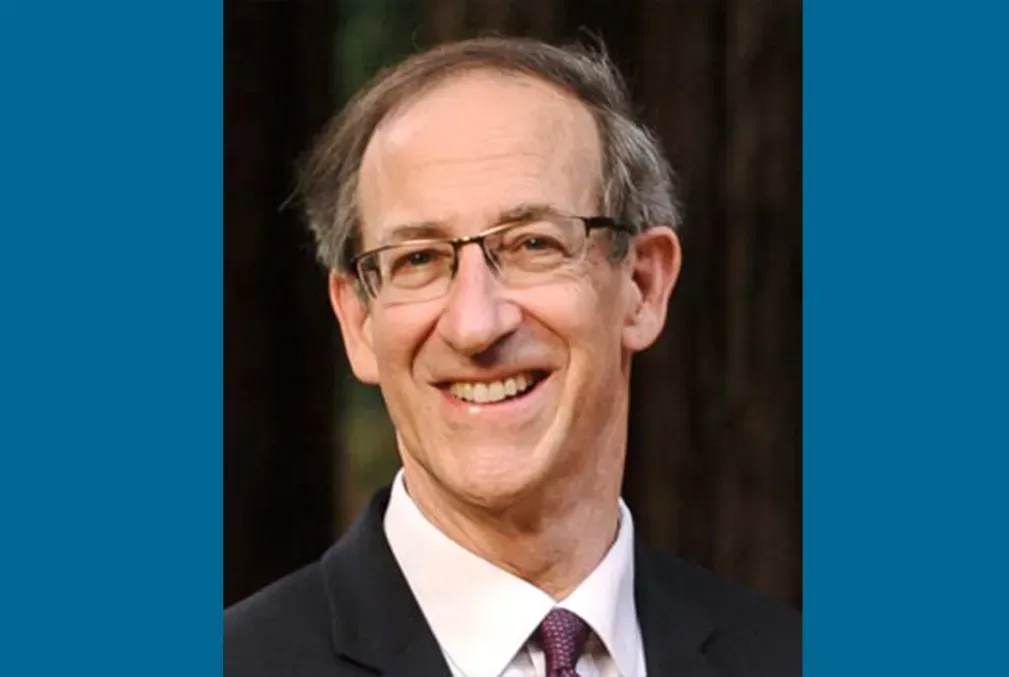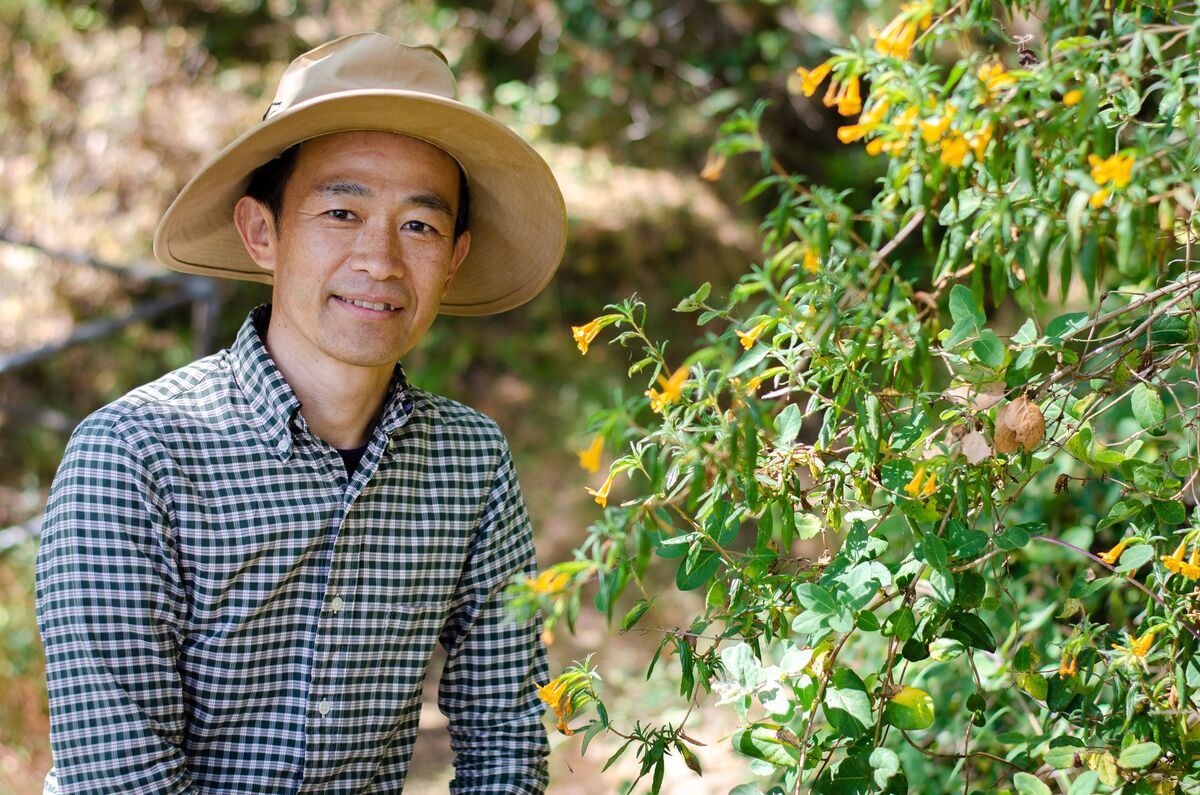
Tadashi Fukami receives the 2022 Distinguished Naturalist Award
Stanford biologist Tadashi Fukami recognized for his work related to understanding how plants, hummingbirds, and nectar microbes interact.
The American Society of Naturalists (ASN) has honored Tadashi Fukami, a professor in the Department of Biology in the School of Humanities and Sciences (H&S), with its 2022 Distinguished Naturalist Award.
The annual award goes to a midcareer scientist whose work has "contributed significantly to the knowledge of a particular ecosystem or group of organisms." The ASN award also calls attention to the winner’s efforts to "illuminate key principles of evolutionary biology and to enhance appreciation of natural history."
Understanding how species coexist is the main focus of Fukami’s research. He has studied a range of communities of organisms, including plants, birds, freshwater protists, and wood-decay fungi, with the goal of discovering general principles and processes that operate across the tree of life.
The award recognizes Fukami’s work related to understanding how plants, hummingbirds, and nectar microbes interact. The ongoing project started at Jasper Ridge Biological Preserve ten years ago and recently expanded to the Stanford Dish hill. The research involves studying the processes that shape the identity and abundance of species present in the ecosystem at the opening of the sticky monkey flower and extensively investigating the natural history of colonies of microbes that live in the flower’s nectar. Fukami is also working to apply this knowledge to agriculture through research at the O’Donohue Family Stanford Educational Farm.
The award committee commended Fukami’s innovative use of something simple to explore big ideas: "His system harnesses the power of microcosms for replicated, experimental tests of theory while being grounded in the rich natural history of a community assembly process that is as ubiquitous and common as a flower opening."
"It is such a privilege to be recognized for contributions to natural history, or the study of how organisms live and interact with others in the wild," Fukami said. "Natural history is the foundation of evolutionary biology, which itself is the foundation of all biological sciences."
Scientists in the Fukami Lab bring together macro and micro approaches to investigate how species coexist. They look at the big picture of how ecosystem members interact with one another through a holistic approach, but they also study some system members, for example, nectar yeast, at a cellular and genomic level to better inform their overall understanding.
The ASN award announcement recognizes Fukami as a leader in the field for his approach "linking micro-organism ecology with macro-organism ecology and evolution," summarizing his results this way: "Using meticulous, detailed studies motivated by theory, Fukami’s work on nectar microbial communities has shown that priority effects interact with dispersal limitation to shape regional diversity patterns, that priority effects are predictable and phylogenetically structured, that coexistence theory can be used to explain observed variation in community composition, and that this variation has consequences for nectar chemistry, pollinator visitation, and plant reproductive success."
In honoring Fukami, the ASN award selection committee noted his excellence in both research and teaching: "Tadashi Fukami has shown a remarkable capacity to combine novel theory, creative experimental research on a wide range of organisms, a rich body of work in one system grounded in natural history, and a commitment to improving the way we teach and train students," including the inquiry-based instruction in Stanford's Biology 47 course.
Fukami’s reaction to winning the award reflects the ecologist within: He credited the collective efforts of mentors, students, postdoctoral scholars, collaborators, family members, and friends and named himself as only a small contributor. "I am so grateful to everyone I have been fortunate to receive support from and work with," Fukami said.
